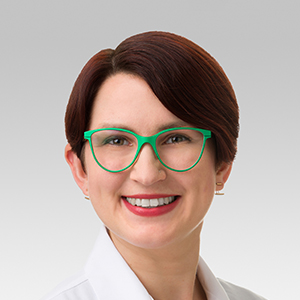Should I Be Vaccinated for HPV?
What You Should Know
Updated July 2022
While the human papillomavirus (HPV) vaccine is recommended for boys and girls at age 11 or 12, it can be given to children as young as 9-years-old. However, if you missed getting vaccinated when you were younger, it''s not too late. The Centers for Disease Control and Protection (CDC) recommends the HPV vaccine for anyone up to age 26.
Learn more about HPV and how to protect yourself.
What Is HPV?
The vaccine offers protection from HPV, which is transmitted most commonly by having vaginal, anal or oral sex with someone who is infected. There are more than 100 types of HPV, of which at least 13 can cause cancer.
There is no current treatment available for HPV.— Weronika A. Armstrong, MD
High-risk HPV infections can cause cervical, vaginal, vulvar and penile cancer, as well as cancers of the mouth, anus and throat.
Data shows the HPV vaccine provides close to 100 percent protection against cervical pre-cancers and genital warts. Since the vaccine was first recommended, the number of HPV infections has decreased. However, millions of people, including teens, still become infected each year.
“Currently, screening for HPV is available only as an adjunct to Pap smears for cervical cancer screening,” says Northwestern Medicine Obstetrician-Gynecologist Weronika A. Armstrong, MD. “There is no current treatment available for HPV.
Who Should Get the HPV Vaccine?
While it is most effective to get vaccinated against HPV before a person becomes sexually active, it is still worthwhile to get it even after becoming sexually active. For people over 14, three shots will be needed over a six-month period; for kids 14 and younger, two shots are needed, six to 12 months apart.
If you are between the ages of 26 and 45, discuss your risks with your physician to see if the HPV vaccine is appropriate for you.
The HPV vaccine cannot treat infection or HPV-associated disease. Instead, it provides the most protection when it is given before infection. The vaccine can be administered during a regular office visit. Talk to your physician for more information.







